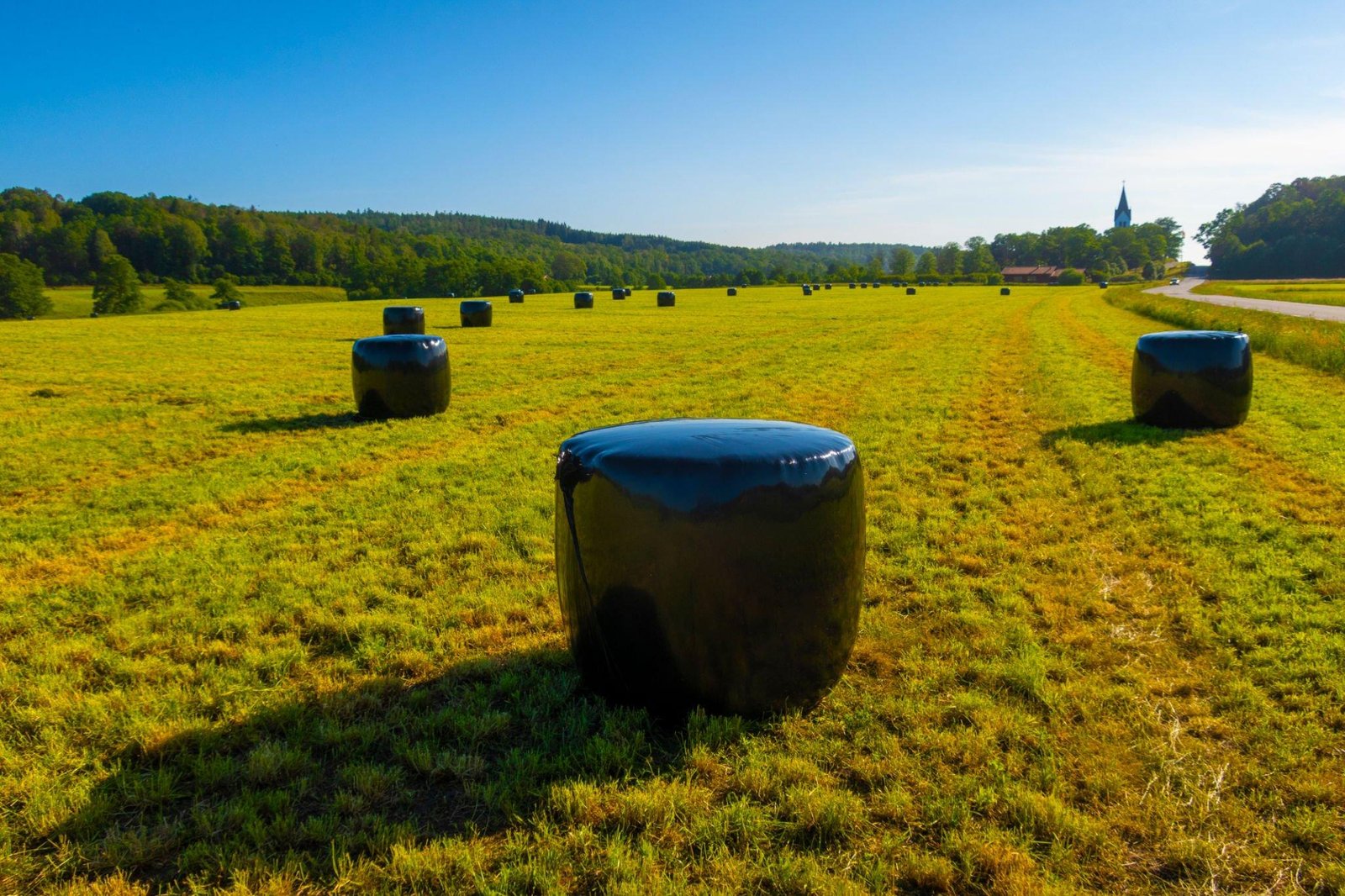When it comes to agriculture, hay is one of the most essential crops, used for feeding livestock, horses, and other animals. If you own or are considering investing in a hay field, you might be wondering, “How much is 10 acres of hay worth?” The answer to this question isn’t straightforward and can depend on various factors. In this comprehensive guide, we’ll explore the key elements that determine the value of 10 acres of hay and provide you with the knowledge to make informed decisions.
Factors Affecting the Value of Hay
Before we delve into the specific value of 10 acres of hay, let’s take a look at the factors that can influence its worth:
1. Quality
The quality of the hay is a significant determinant of its value. Higher quality hay, which is typically greener, leafier, and has fewer weeds, commands a higher price. The nutritional content, including protein and fiber levels, also plays a role in determining the value.
2. Location
The geographical location of the hay field can impact its value. Hay prices can vary based on regional supply and demand, transportation costs, and local market conditions.
3. Supply And Demand
Like any other commodity, hay prices are influenced by supply and demand dynamics. If the supply of hay is limited in a particular area due to factors such as weather conditions or decreased production, prices may increase. Conversely, an oversupply can lead to lower prices.
4. Baling And Storage
The method of baling and storage can affect the value of hay. Well-baled and properly stored hay that retains its nutritional value and appearance is more valuable than hay that has been poorly baled or stored, leading to spoilage and nutrient loss.
5. Market Conditions
Economic conditions, including the overall health of the agricultural sector and the purchasing power of buyers, can impact the market price of hay.
Calculating the Value of 10 Acres of Hay
Now, let’s calculate the potential value of 10 acres of hay based on the factors mentioned above. Here’s a step-by-step approach:
1. Determine The Yield
The first step is to estimate the hay yield per acre. This can vary based on factors such as soil fertility, weather, type of hay, and management practices. For this example, let’s assume an average yield of 2 tons per acre.
2. Assess The Quality
Next, assess the quality of the hay. Is it suitable for feeding livestock, or does it meet premium standards for horse feed? Quality assessment can help determine the price per ton of hay.
3. Research Local Market Prices
Research the current market prices for hay in your local area. You can contact agricultural extension offices, hay brokers, or check online listings to get an idea of the prevailing prices.
4. Calculate The Value
Now, it’s time to crunch the numbers. Using the estimated yield per acre, the quality assessment, and the local market prices, you can calculate the potential value of 10 acres of hay. Let’s say the current price is $200 per ton, and you have 20 tons of hay from 10 acres:
| Calculation | Result |
|---|---|
| 20 tons x $200 | $4,000 |
Maximizing the Value of Your Hay
If you’re looking to maximize the value of your hay, consider the following tips:
1. Improve Quality
Implement practices that enhance the quality of your hay, such as timely cutting, proper drying, and weed control. High-quality hay can fetch better prices in the market.
2. Build Relationships
Establishing relationships with local buyers, such as livestock owners, equestrian centers, and feed stores, can help you secure higher prices for your hay. Direct sales often eliminate intermediary costs, benefiting both the buyer and seller.
3. Utilize Marketing Strategies
Consider marketing your hay through online platforms, social media, or classified ads to reach a wider audience of potential buyers. Highlighting the quality and nutritional value of your hay can attract premium buyers.
4. Invest In Equipment
Modern haying equipment, such as balers, rakes, and mowers, can improve efficiency and reduce harvest losses, ultimately increasing the quantity and quality of your hay production.

